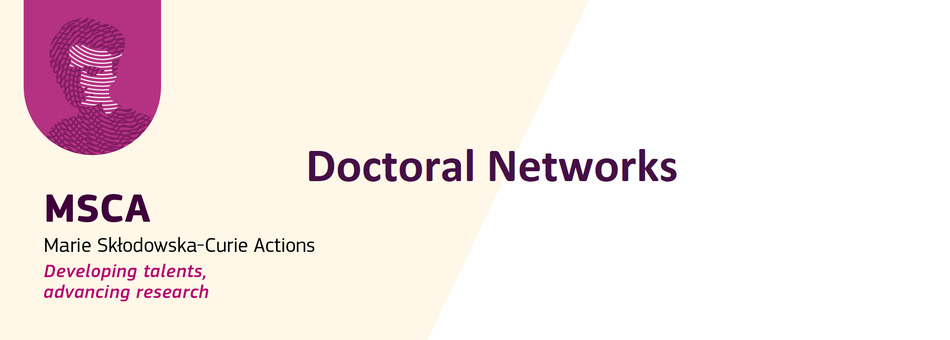ExpectedOutcome:
Successful, safe and economic demonstration of integrated-chain CCUS from relevant industrial sources will pave the way for subsequent first-of-a-kind industrial projects. The scale of the proposals should permit obtaining relevant data and experience required so that up-scaling to a first-of-a-kind plant can be envisaged as a next step.
The impact of projects under this call will be determined by the extent to which the results will be extended to be used in further industrial facilities. In addition, it is important to demonstrate how the captured CO2 will be utilised and/or stored in a sustainable way. Projects carried out in areas with a sufficient concentration of CO2 emitting industries are considered prime sites for hub and cluster developments, and are expected to generate the highest impact on full-scale deployment of the results.
Scope:
CCUS is one of the key promising technologies that can reduce CO2 emissions in the carbon intensive industry and the only pathway for very stringent GHG emission reductions from those industries that generate CO2 as part of their production processes. Relevant industrial sectors in which inclusion of CCUS could contribute to reaching climate neutrality are for example steel, iron and cement making, oil refining, gas processing, hydrogen production, sustainable biofuel production and waste-to-energy plants. However, CCUS in industrial applications faces significant challenges due to its high cost and the fierce international competition in the sectors concerned. These sectors currently account for up to 20% of global CO2 emissions.
The focus of this topic lies in demonstrating the integrated chain of mature CO2 capture technologies in industrial facilities with the perspective of geological storage and/or use. Based on a high TRL (7 – 8) CO2 capture project a detailed plan on how to use the results, i.e. the subsequent transport, utilisation and/or underground storage of the captured CO2 should be developed. Important aspects to address are of technical (e.g. the optimised integration of capture plant with industrial processes; flexibility, scalability; CO2 purity), safety (e.g. during transportation and storage), financial (e.g. cost of capture; cost of integration) and strategic nature (e.g. business models; operation and logistics of industrial clusters and networks). The project should identify a detailed set of operational, environmental, technical and economic Key Performance Indicators (KPIs) to allow monitoring and assessing the progress achieved by the project.
Technology development has to be balanced by an assessment of the societal readiness towards the proposed innovations. Relevant end users and societal stakeholders (such as civil society organisations, non-governmental organisations, and local associations) will be identified in the proposal, and involved in deliberative activities, so as understand and address their concerns and needs. This will be analysed during the project using appropriate techniques and methods from the social sciences and humanities, in order to create awareness, gain feedback on societal impact and advancing society’s readiness for the proposed solutions. Projects should also explore the socio-economic and political barriers to acceptance and awareness with a view to regulatory or policy initiatives and include aspects of circularity and best use of resources. Successful projects will be encouraged to join the EU CCUS knowledge sharing project network.
Specific Topic Conditions:
Activities are expected to achieve TRL 7-8 by the end of the project – see General Annex B.
Cross-cutting Priorities:
Artificial IntelligenceCo-funded European PartnershipsDigital AgendaSocial sciences and humanities





